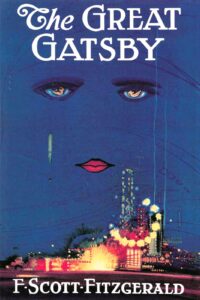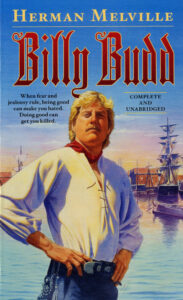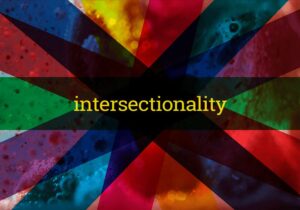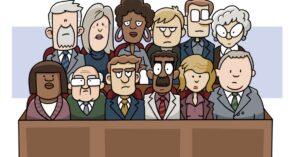 The boys review changes from Covid, from technology, and things they don’t like about restaurants
The boys review changes from Covid, from technology, and things they don’t like about restaurants
P&C drink and review Key Brewing Company’s Bail Money IPA, then discuss changes in restaurants.
We’ve lost more than 100,000 restaurants because of Covid. What will happen next? Will they come back, or will they be replaced?
What about food trucks, and Door Dash? How are they affecting the industry?
How will restaurants respond to customer expectations of “right now” efficiency? How has social media affected food service, and what’s the future of waiters in an era when you can order on a touch-screen device and have a robot deliver your food?
 Walsh is standing against the looney left saying “stop.” P&C love it.
Walsh is standing against the looney left saying “stop.” P&C love it.  Some history of climate control and how it changed America
Some history of climate control and how it changed America  The boys review F. Scott Fitzgerald’s famous classic work
The boys review F. Scott Fitzgerald’s famous classic work In another edition of P&C’s “shortcut to the classics,” the boys review a classic moral tale
In another edition of P&C’s “shortcut to the classics,” the boys review a classic moral tale  It’s as if people are vying to be more of a victim than others. Is that a sound political base?
It’s as if people are vying to be more of a victim than others. Is that a sound political base?  When did juries start, and what is their function?
When did juries start, and what is their function?